With the 3rd Apex Festival now only a matter of days away, I’m getting a bit excited about seeing some rather special cars in attendance. The “Berg Cup” in Germany is a retro car lover’s dream and some of the racers are heading to our shores; we’ve taken a look at what’s in store!Some of you may know my soft spot for Mk1 Polos; having rescued a ’76 model from a scrap yard over 10 years ago, it’s safe to say they hold a special place in my heart. This example is no different, in fact small cars that can go “fast” are a big win in my book! And that pretty much sums up Berg Cup. Whether it’s a Polo, a Golf an Opel or an old Beemer, they try and go as fast as they can – up a “twisty turny” hill!
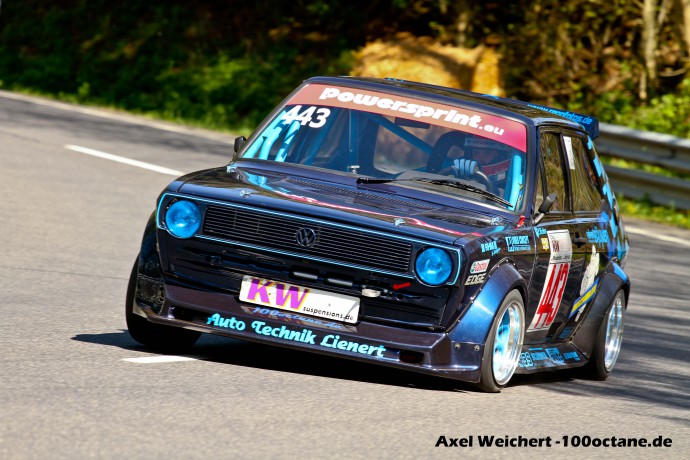
This example belongs to Peter Richter, and is typical of the cars that compete in the classic series. Peter explains the history behind the car: “We bought the car in April 1984 as a streetcar, in July ’84 we took part in our first Slalom. After that followed 3 years competing in National Slalom. 1988 was an important year, the Polo MK 1 underwent a reconstruction with improvements and new wheels from Spiess all in preparation to compete in the International Slalom series.”
It’s fair to say this car has evolved over time; similar to my Mk1 Polo, just better, faster, and more fun to drive! Peter continued to tell us how the car competed like this until 2002 when an even more extreme rebuild took place, with a safety cell, pneumatic lifting system and a 1.1 litre engine with an electric fuel injection. Since 2012 it has only been used at the KW Berg Cup Group H rounds.
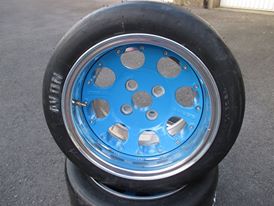
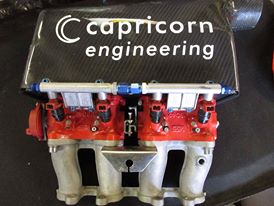
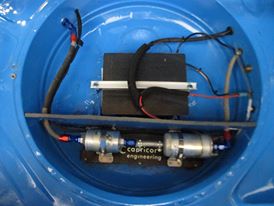
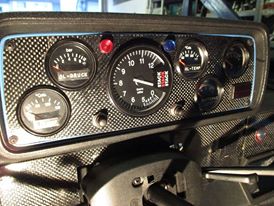
It will be a privilege to see a car with such history take to the track at Lydden Hill for the Apex Festival. Not only will it be a first for a number of these Berg Cup cars, it will mark 30 years that Peter has been racing his Polo! I really cannot wait!
The Berg Cup is open to vehicles made more than 10 years ago. Group H – the one that Peter competes in – stipulates that the engine block must remain original to the car, in this case 1100cc. It does allow for upgraded cylinder heads and carbs etc – although turbos and superchargers are only allowed on cars that had them as standard. Group H is divided up into engine capacity (1150, 1400, 1600, 2000, 2000 Diesel, 3000, and over 3000 cc) to keep the racing fair. Other classes for more bespoke machines like the FS/E1-Bergrennen allow for non standard engines to be fitted.
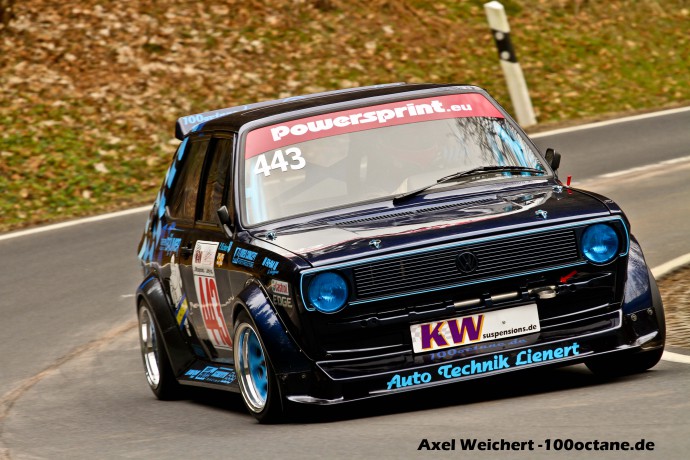
Peter explains more, telling us the old school cars are so popular because they are much lighter than the new ones, which are too heavy to be competitive. A lot of smaller classics like the Opel Kadett and Escort Mk2 are RWD too, something modern hot hatches can’t offer.
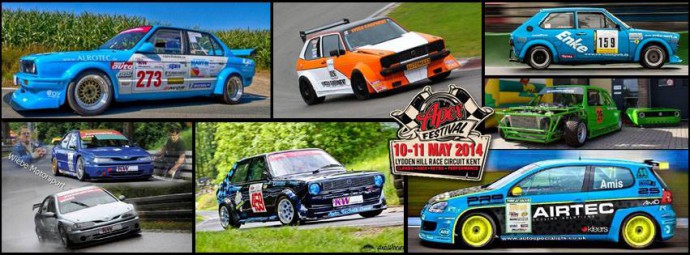
If this sounds like your idea of fun, you know exactly what to do. Dial in Lydden Hill to your Sat Nav, and we’ll see you there – you can even take your car round the track too on their circuit parades, just don’t forget your driving licence!
Andy
With thanks to Axel Weichert at 100octane.de for the photos and help with this article.
The opinions expressed here are the personal opinions of the author and do not necessarily represent the views and opinions of VW Heritage

